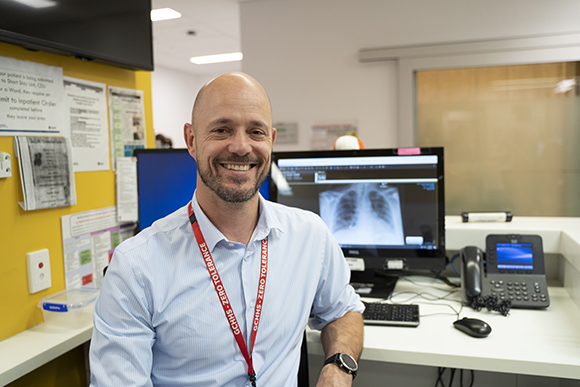Epidemiology, treatment and outcome of patients with lower respiratory tract infection presenting to emergency departments with dyspnoea (AANZDEM and EuroDEM studies).
Rousseau, G., Keijzers, G., van Meer, O., Craig, S., Karamercan, M., Klim, S., Body, R., Kuan, W.S., Harjola, V.P., Jones, P. and Verschuren, F. 2021. Epidemiology, treatment and outcome of patients with lower respiratory tract infection presenting to emergency departments with dyspnoea (AANZDEM and EuroDEM studies). Emergency Medicine Australasia, 33(1), pp.58-66.





